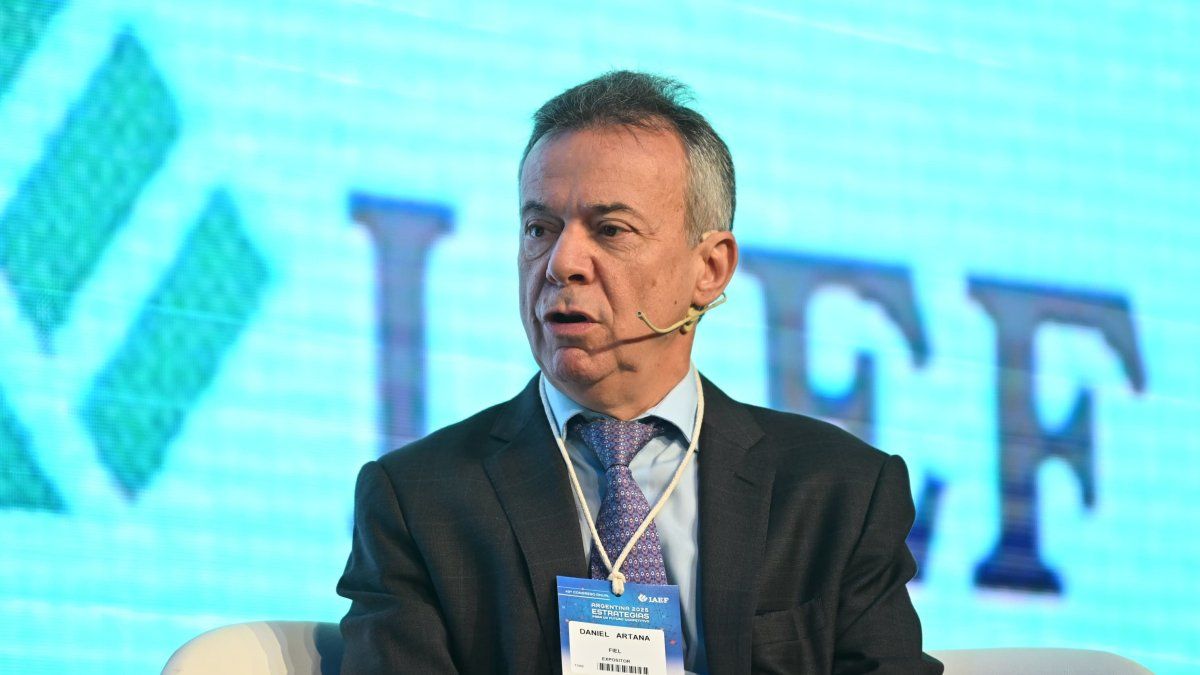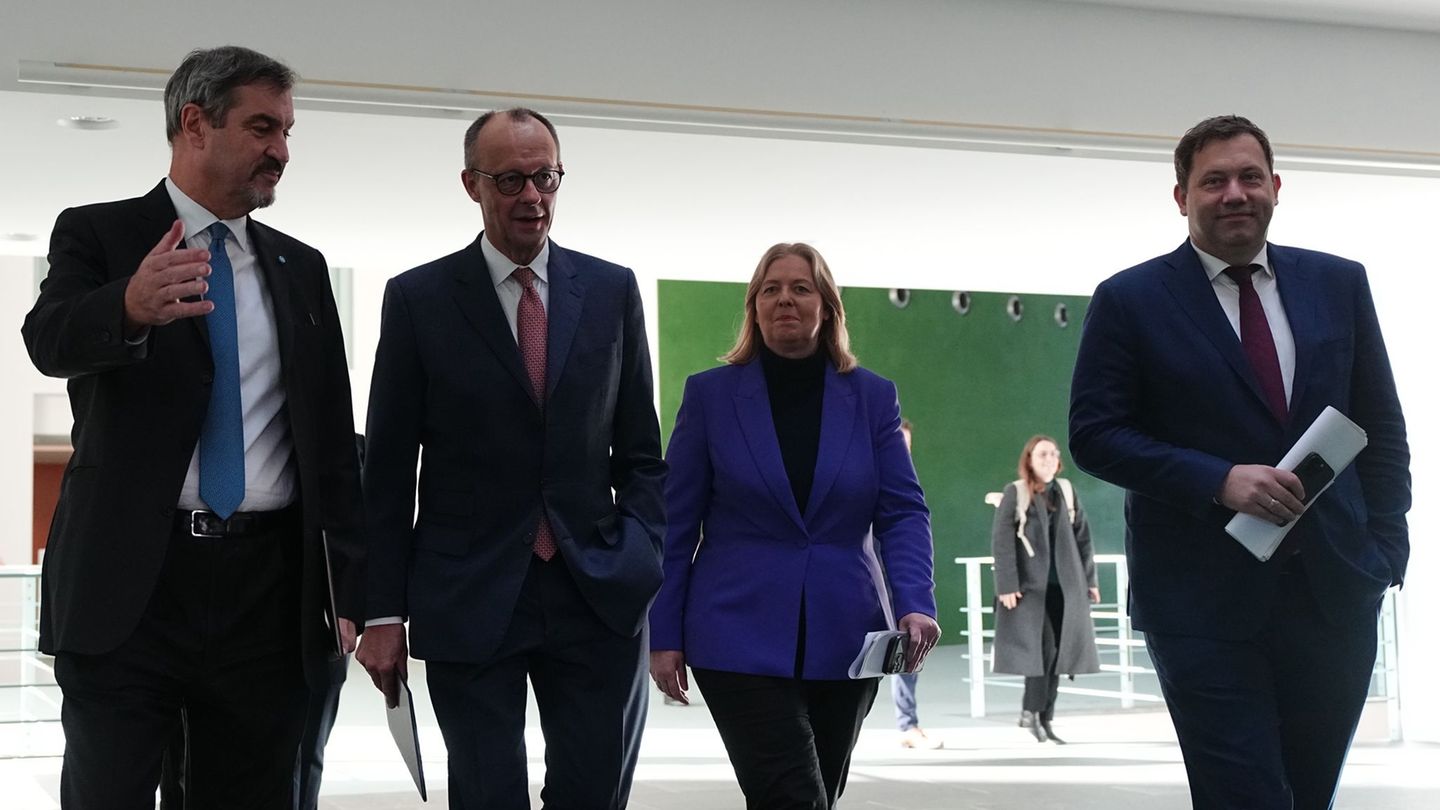However, at the end of November, Massa revealed in an interview that he wanted inflation from April 2023 to have “3 ahead”. This was the month after Fair Prices ended. At that time, the mass consumption companies began to ask in the meetings they had with the Ministry of Domestic Trade about whether the program was going to be extended. The answer, according to private sector sources, was that “In February we had to talk again”and that the Government’s objective was that by March the companies could already “think about prices with inflation stabilized around 4%.”
At the end of December, the companies were surprised by a publication in the Official Gazette. In article 8 of resolution 1077/2022 it was established that the Fair Prices program “It will be valid until December 31, 2023”, and that the agreements that are signed “may establish their own term of validity.” With that publication, and with the start of an election year, no company consulted was surprised by Massa’s new definition, which revealed that Fair Prices will be extended for another four months.
In dialogue with Perfil, Massa reported: “Let’s plant it from the first day in two stages, four plus four, in eight months.” This way, Fair Prices will continue until June. In addition, Ámbito was able to find out that it could be expanded to include more products in the basic basket. For example, in the case of noodles, there are only a few items from Mills. But in March the private trust could be relaunched, to subsidize products for the domestic market, such as flour and noodles. Exporting companies could fund it for about US$25 million. That way, Food companies expect new products to enter at Fair Prices.
Companies consulted by Ámbito assured that what was discussed had been a 4 for 4 plan, established in 4 months, with a ceiling of 4% increase. Finally, it will be “4 plus 4”Massa said in the interview. A source who preferred not to be mentioned commented: “The entire industry knew that this was going to continue, especially in an election year, even though we did not have the official definition.” The big question is what this extension will be like, with what renewal conditions. “Prices frozen for more than four months, with this inflation, it is not sustainable, but the problem that there will be is that the products will not be found on the shelves, it is something obvious.” The meetings that were scheduled for the next few weeks were about imports. They are company by company, with activity in Copal stopped in January. According to inquiries made to different companies, they assured that the Siras are being approved, but many times at times when they are about to “break stock”, and with all the corresponding justification.
Before consulting the Secretary of Commerce about what the extension of Fair Prices will be like, official sources commented that they are in “evaluation process”, and for that they will take into account several variables: the evolution of the exchange gap, the accumulation of reserves, the fiscal order and the interest rate. “The idea is to continue with a model similar to the one we have been working on, always subject to talks with the companies,” they stated. Within the framework of Fair Prices there are 8 agreements signed (food, cell phones, public supplies, medicines, textiles, clothing, fuel and footwear), and the head of Commerce, Matias Tombolininegotiates with two other sectors: construction materials and school basket.
Source: Ambito
David William is a talented author who has made a name for himself in the world of writing. He is a professional author who writes on a wide range of topics, from general interest to opinion news. David is currently working as a writer at 24 hours worlds where he brings his unique perspective and in-depth research to his articles, making them both informative and engaging.




